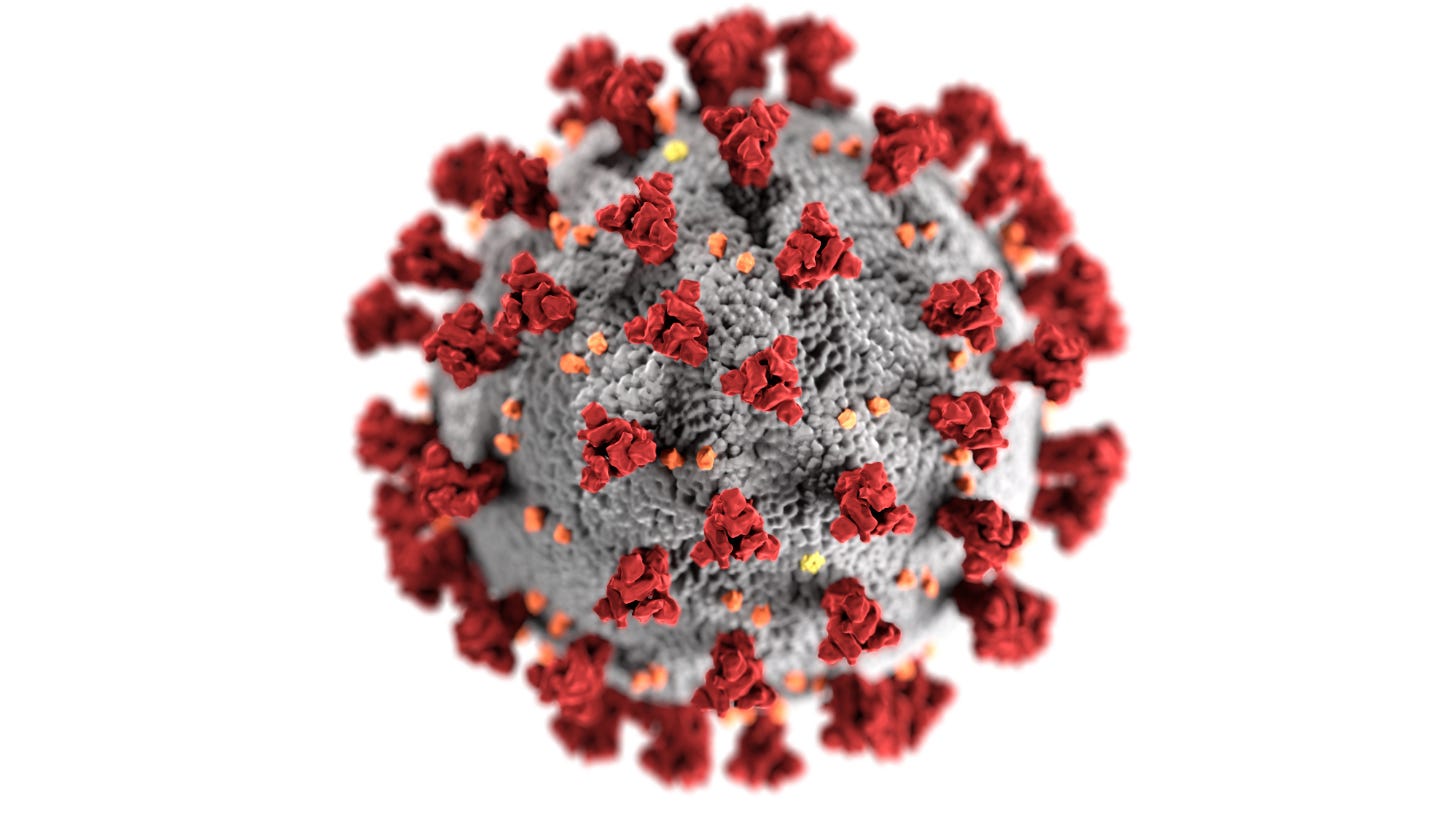Does it matter that traces of coronavirus have been found in semen?
Genes from SARS-CoV-2, the virus that causes COVID-19, have been found in semen from infected patients. Should we be concerned?
Genes from the virus that causes COVID-19 have been found in the semen of men who had the disease, according to a paper published last week in the journal JAMA Network Open. A previous study and a case report had found no evidence of the virus in semen.
The new study, by Shixi Zhang at the Shangqiu Municipal Hospital in Shangqiu City, China, and colleagues, examined the semen of 38 patients — 23 who had recently recovered and 15 who were acutely ill. Six had results that were positive for the virus. Two of those cases were from among the recovered, and four were from men still ill.
SARS-CoV-2, the virus that causes COVID-19, had previously been detected in stool, urine and saliva, but never before in semen.
The study was small, and did not investigate how long after recovery the virus might remain or if it could be transmitted. But the findings raise interesting questions.
The researchers say that the presence of viruses in semen may be more common than currently appreciated. They point out that 27 viruses found in blood have also been found in semen.
The Ebola virus is one. It has been reported in semen three years after recovery from the disease. Sexual transmission of the Ebola virus, though never officially documented, has been blamed for new outbreaks after regions had been declared Ebola-free.
The Zika virus is another. It can be present in semen for at least six months after infection, and it is known to be spread through sex. Even mild or asymptomatic cases can result in sexual transmission, according to the US Centers for Disease Control. Zika infection during pregnancy can lead to serious birth defects. There are also concerns about Zika's effect on male fertility: studies in mice suggest that the virus can shrink the testes and cause infertility.
But as researchers from the University of Kent, UK, point out in a recent article in The Conversation, just because viral RNA was found in semen doesn't mean it's infectious. At the moment, transmission of the virus through semen is a far smaller concern than transmission through respiratory droplets — spread through coughing, sneezing, talking and, well, breathing.
Still, its discovery in semen could be important. The testes — like placentas and fetuses — are immune privileged, meaning that the immune system does not launch its usual attacks there, even when tissue is recognized as "not-self." (Because sperm develop after puberty, the immune system does not recognize them as "self.") As a result, however, the testes are a place where viruses can hide. This would only be an issue for COVID-19, say the researchers in Kent, "...if the virus persisted in the testicles for extended periods, and if COVID-19 survivors could sexually transmit the virus after their recovery."
Furthermore, there is no evidence so far that SARS CoV-2 causes any birth defects in babies born to infected mothers. But the virus only emerged in humans within the last six months, so no babies of mothers infected during the first trimester have been born yet.
Among the additional questions raised by the finding:
Should clinic staff take extra precautions when handling and processing sperm during the crisis?
Will sperm-washing help to reduce possible transmission?
Should sperm donors now be screened or tested differently?
Should all gametes now be tested before storage?
Should reproductive materials collected during the COVID-19 crisis be cryopreserved separately from pre-COVID-19 materials?
Stay tuned.
*
Contact me at alison.motluk@gmail.com
Follow me @AlisonMotluk and @HeyReprotech
Check out the HeyReprotech archive



